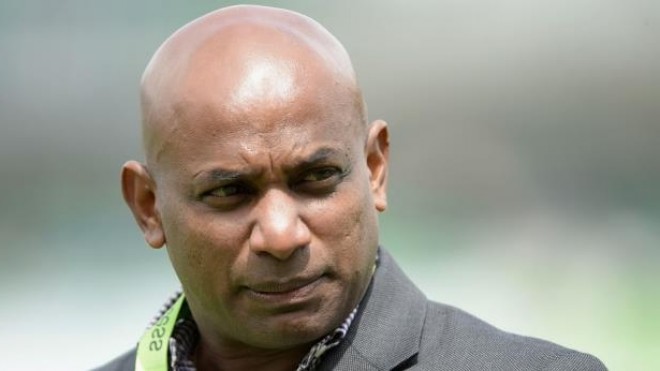Sanath Jayasuriya banned for two years after ICC anti-corruption unit investigation
Written by : SMTV24x7 | Wed, Feb 27, 2019, 10:42 AM
Colombo, Feb27: Sanath Jayasuriya has been banned for two years from all cricket-related activity by the ICC's anti-corruption unit. The former Sri Lanka captain was punished for refusing to co-operate with investigations concerning corruption in the country.
Jayasuriya admitted to the offense and, in a statement on Twitter, said the ban had taken effect from October 15, 2018. That was the day the 1996 World Cup winner was charged by the ACU with two counts of breaching the ICC anti-corruption code. The charges included refusal to co-operate with an ACU investigation, obstructing or delaying the investigation including concealing, tampering with or destroying any documentation or other information which may be relevant.
Jayasuriya refused to hand over the mobile phones he had used during the investigation, something the ACU had specifically asked him to do. A day after the ACU charged him, Jayasuriya released a public statement, saying he had always conducted himself with "transparency and integrity" and that he had not been involved in any "corrupt activity" including "match-fixing, pitch-fixing".
The charge came on the back of a year-long investigation in Sri Lanka, where the ACU said corruption had become an inherent part of the system. Its general manager, Alex Marshall, told that the extensive investigation was a serious attempt to break the cycle of corruption that had enveloped Sri Lankan cricket.
The unit began focusing on Sri Lanka in late 2017, following Zimbabwe's upset ODI series win in the country. It is understood that there were specific concerns about the fourth match in Hambantota. Jayasuriya had been the chairman of selectors at the time but stepped down a few months later in the wake of widespread criticism of his panel.
The ACU is believed to have asked Jayasuriya to hand over all his communication devices in relation to its investigation, and when he refused to do so, the charge was laid.
"This conviction under the Code demonstrates the importance of participants in cricket cooperating with investigations," Marshall said in a media release. "Compelling participants to cooperate under the Code is a vital weapon in our efforts to rid our sport of corruptors. These rules are essential to maintaining the integrity of our sport."